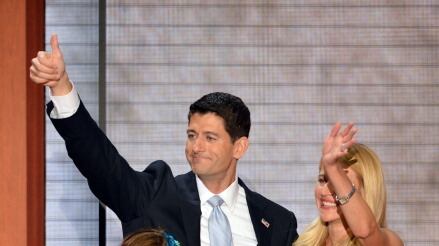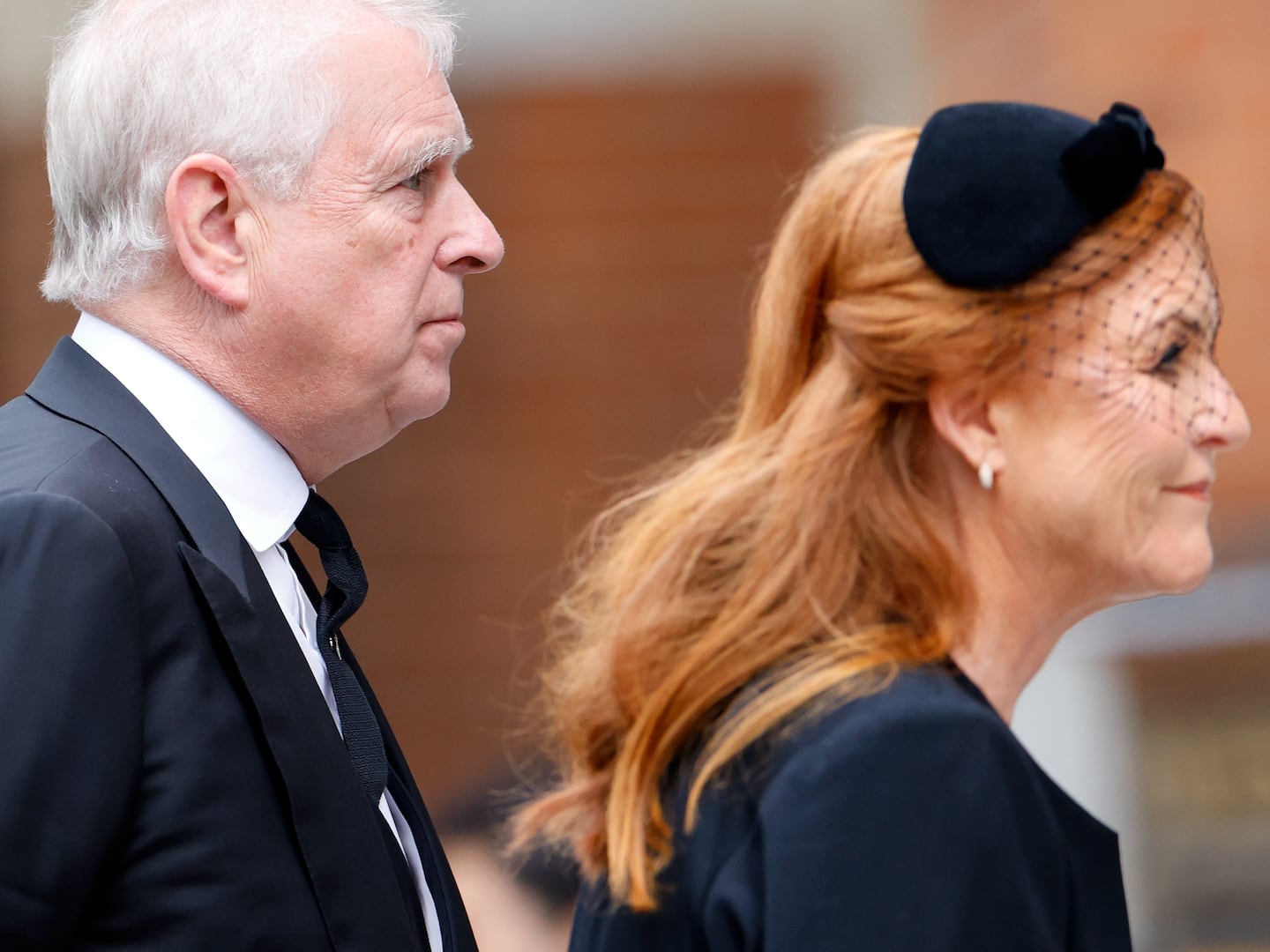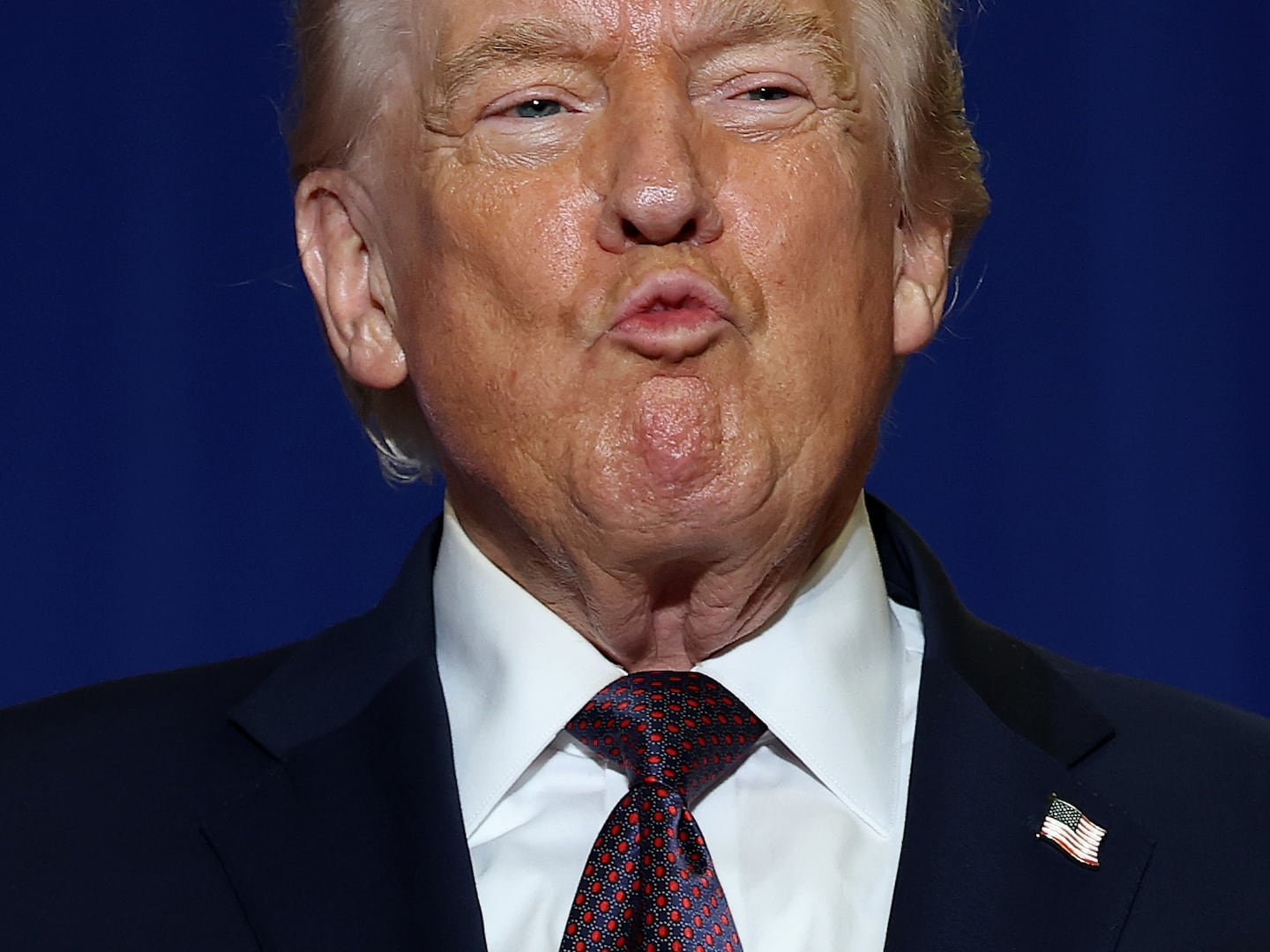
I ran into an old friend tonight after Paul Ryan's speech. We shared a beer at a nearby hotel lounge, where he put a question to me in an amiable way: For the past 20 years, I've been urging Republicans to take a harder line on entitlements. Now here at last in Paul Ryan is a Republican willing to do just that. He's intelligent, knowledgeable, serious, and committed. Exactly what I've been hoping for all these years. So why aren't I applauding?It is ironic. Had the GOP nominated a Paul Ryan in 1996, I'd have whistled louder than anyone in the hall.But 1996 was not a year of deep economic malaise in the United States. And in 1996, the baby boomers still had many years of working life ahead of them. A proposal to load all the burden of change on people under 55 would not have wrought nearly so much unfairness then, when the retirees were overwhelmingly drawn from the population that had experienced Depression and war, than it is today. Today, it is the retirees and near-retirees who have the full benefit of economic expansion. It is the younger Americans on whom the sacrifice will be entirely loaded who have faced the hardest economic times.So when Paul Ryan talks about the courage to face America's problems, I keep thinking: there are in fact two problems here, one chronic (entitlements) and one urgent (unemployment). The Republican party seems to have united around a program of ignoring the urgent in favor of the important.True, Ryan's speech last night promised that action on entitlements and other spending would somehow translate into jobs. But he omitted to explain how that would work, and few economists would find convincing the economic theory in his plan.
Even the most economically literate Republicans have trouble wrapping their minds around the ways that this recent economic trauma differs from that of 1979-80: no high interest rates for the Federal Reserve to cut and thereby accelerate growth; no inflation to be curbed by higher production stimulated by tax cuts; etc. If the crisis of today is basically similar to that of 1979-80, then they can believe that the 1979-80 remedy will work again as it did then. That's the real promise of Paul Ryan.
And here maybe is where the vice presidential candidate's youth plays unconsciously powerfully in his favor: by reviving the arguments and policies of 30 years ago - by invoking the still powerful name of Jack Kemp, a hero to many in this hall back when they were even younger than Ryan is now - he makes the attendees feel young again and that their world is new.






